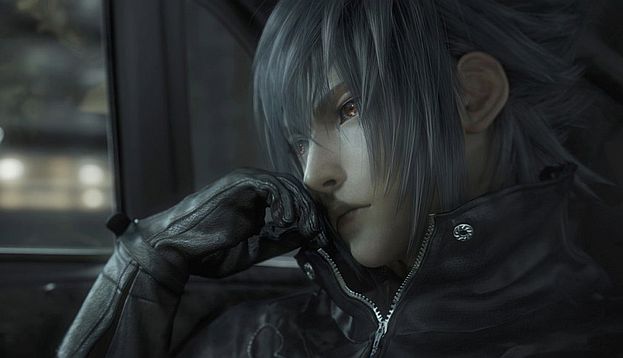Last week, we reported that game company Konami was showing an interest in giving the mobile gaming market a try, and possibly abandoning the traditional console market – although that hasn’t been fully confirmed just yet. It’s a bold new entry for the company, who have been thriving for over 30 years with franchises like Contra, Metal Gear and Castlevania.
We briefly touched upon other companies that were giving mobile a gamble, but decided to cover it more thoroughly with this story, talking about what chances were taken by each company, and what future they could possibly see in the market…
Konami
Konami has spent years producing blockbuster hits for consoles, including Castlevania: Symphony of the Night and Metal Gear Solid games, among other titles. However, as of late, it’s been leaning more towards mobile business, in which it’s dabbled with titles like Pro Evolution Soccer Collection and its popular Swords & Poker releases. It could easily continue this trend, building on the strength of its many franchises to gain a big audience. Its pick-up of the Star Wars Force Collection card game has paid off with its tie-in to the popular franchise, and other titles like Contra Evolution and Yu-Gi-Oh! have done well in their own right. Konami could easily establish a mobile following from its avid fans, even though some feel they’re being “burned” by receiving less console releases in the future – even with Metal Gear Solid V: The Phantom Pain set to arrive this September.
Nintendo
Even though it resisted for the longest time (opting to instead produce games for its own systems), Nintendo finally relented earlier this year and announced that it was entering the mobile market, through a partnership with DeNA. The first game from that partnership will arrive later this year, and although titles haven’t been provided yet, it’s expected to be a wholly original game that focuses on one of the company’s popular characters, like Mario or Link from the Legend of Zelda series. There’s a lot of buzz going into Nintendo’s arrival on mobile, although it hasn’t revealed what its full plans are just yet, outside of releasing five titles between now and early 2017. One thing’s for sure – the fans are sure to love the games, especially if they’re original properties and not just ports of older titles like Super Mario Bros. 3. (However, that game would likely do well if it ever was released, based on nostalgia alone.) Nintendo’s CEO has noted that he plans to avoid the usual types of monetization seen in mobile gaming, aiming to find a much broader audience that will provide small amounts of money. Nintendo has re-affirmed its support for dedicated consoles, and announced that it’s working on a new console (the NX), though no details will be forthcoming until 2016.
Square Enix
Square continues to show support for game consoles, with titles like Deus Ex: Mankind Divided and Rise of the Tomb Raider releasing later this year. However, it’s gained a tremendous following since it started in the mobile market a couple of years ago, releasing a number of its older Final Fantasy titles on tablets and smartphones, along with original games like Theatrhythm and Mini Ninjas. It’s done pretty well with its mobile releases, despite some of them being in the upper tier of pricing, around $10 to $20. It’s likely to continue this trend as the year goes along, with a number of new titles to be announced next month during its E3 showcase. Square Enix is here to stay.
Electronic Arts
Although EA hasn’t been as steadfast with its mobile releases as it was a couple of years ago, it continues to produce top-notch titles, grasping onto the “quality, not quantity” logic with its games. The Simpsons: Tapped Out, the Real Racing series and its Madden and FIFA sports games are huge draws on the mobile market, with millions of players worldwide – and that’s not likely to slow down anytime soon. Its push will likely continue with a plethora of new titles to be announced over the next few months, as well as new entries in its football and soccer fans to keep fans entertained. EA has experienced strong growth in its mobile titles, and that seems likely to continue as the company has a strong lineup of new mobile titles ahead. The company also sees a strong marketing synergy between its console, PC, and mobile titles, with mobile sports games being a particular strength in keeping audiences engaged during the off-season.
Ubisoft
The publisher behind the Assassin’s Creed and Far Cry franchises has done extremely well between its console and mobile games, and that’s a business logic that’s likely to continue for years to come. It’s currently riding high on free-to-play titles like Assassin’s Creed Pirates, Trials Frontier and Driver: Speedboat Paradise, and the platformer Rayman: Fiesta Run is selling moderately well as a premium release. Its release canon will likely continue into the New Year, with more titles based on its popular brands, including a new Assassin’s Creed game to accompany its forthcoming sequel Syndicate.

